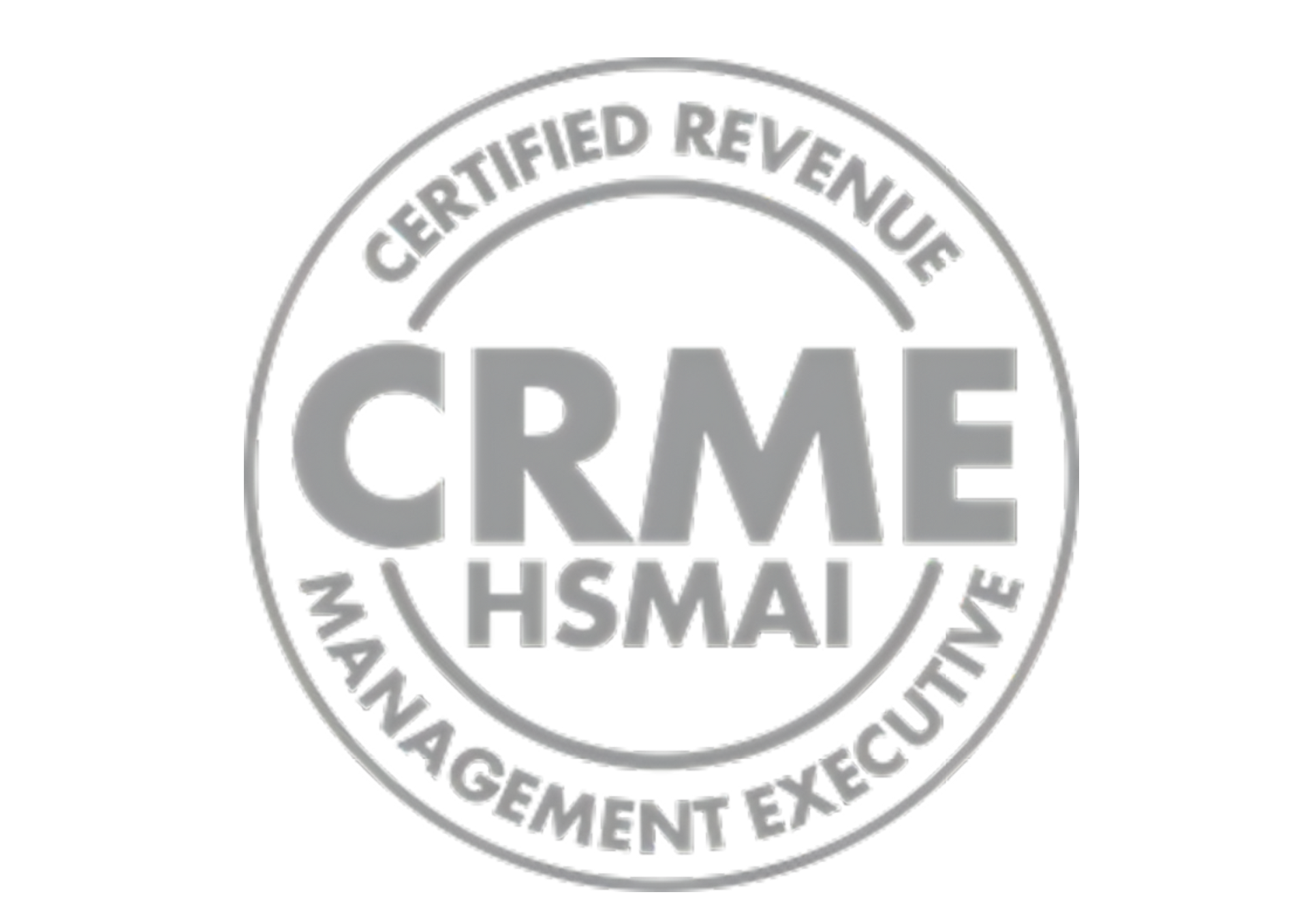Hotel Asset Management With a Commercial Lens
A Total Revenue Management Mindset Is Required
Hotel asset management is no longer defined by margin protection alone. The discipline has evolved into something broader, more strategic, and far more commercially complex.
The U.S. market is leading the way and the European market is starting to follow. This Western-led movement means asset management is no longer limited to the profit lines, but covers revenue optimization across all income streams.
Many asset owners are now insisting that all stakeholders get on board — a commercial approach that is already paying financial dividends. That requires a change in mindset — and perhaps even skill set — for the asset manager, who must become completely savvy with revenue management or be left obsolete.
The asset manager remains the essential conduit between the asset owner and the management/operating company, but their role has expanded to become the orchestrator of a total revenue optimization culture, encompassing every stakeholder, for mutual gain.
Traditionally, because of the relatively one-dimensional focus on costs and the profit line, the asset manager has more than likely hailed from a solid finance background. With the need to take a close look at every revenue center through a more refined and holistic commercial lens, this is changing.
When you consider the makeup of resorts and destinations in the luxury and ultra-luxury segment, where many complex departments and profit centers other than rooms — from food and beverage outlets and spas to water parks and attractions — are managed, it is commercial strategies, not single profit lines, that are essential to drive up revenues and ultimately profit.
There are many nuances to consider to get the big picture and identify the opportunities for revenue gains. Some are obviously low-hanging fruits while others require more in-depth analysis.
Here are a few quick tips and tricks for asset management with a commercial lens in an age when total revenue management is the way forward.
- Review your activation strategies in depth and across several indicators — not only by market, for example, but by sales and marketing spend per market. Does sales and marketing spend correlate with the growth or decline of a segment or partner contribution? Consider how many room nights are budgeted for incremental growth versus how much incremental growth is actually being achieved.
- Target audience strategies. How are commercial strategies defined for each customer segment? Consider if these strategies are linked back to room nights, average daily rate and revenue, as well as if they are designed to drive revenues across all business units such as spa, retail, restaurants and attractions.
- Cost per acquisition considerations. With high-end properties and resorts, direct booking channels are the most profitable, as they eliminate third-party distribution costs. But customers still tend to book with luxury agencies such as Virtuoso, wooed by more attractive benefits and incentives. Asset managers need to look at the cost per acquisition per channel and per market. Are marketing dollars spent on brand.com diluted when the desired results are not achieved?
- Return on investment from sales activities. Your sales team is attending a trade show to promote, pitch and sell, but are you tracking the ROI on the money spent conducting these activities? Costs of stands, travel and accommodation need to be weighed against business leads and conversions generated. Asset managers need to know who the sales team is meeting with, the point of focus and ensure the action plan costs can be tracked to ROI.
- Key performance indicators are not only applicable to the asset but the commercial team and the focus must be defined. Is it room nights, revenues or both?
- To succeed, innovation is key, across every aspect of the asset’s management and operations, and it applies to commercial strategies, too. Asset managers must go beyond setting out action points but devise an agile, 360-degree commercial strategy with an activation structure in place. Out-of-the-box thinking based on data analysis is key. That data tells a story about the customer, and so will every department linked to that data. This is where commercial acumen comes to the forefront. What is that data telling you and how can you innovate to drive revenue from insights and trends?
- Who’s in charge? Asset management with a commercial lens means appointing the gatekeeper of all strategies to whom every other department reports. Disparate and fragmented reporting lines with conflict of interests generally do not work. There is an opportunity for the asset manager to be that gatekeeper and execute the commercial strategy like a well-oiled machine.
Today, hotel asset managers have the chance to make their role indispensable if they take a total revenue management approach. Achieving budget numbers is not enough, and neither is focusing solely on profit lines. Understanding what to stop, start or continue is key and knowledge of commercial strategies and the hotel operation to support hotel teams, is invaluable.
As the conductor of this complex orchestra of owner, operator and every reporting department, an asset manager must not be afraid to bring on an independent expert. Working hand in hand with a revenue optimization consultant can help you sharpen that commercial lens, bringing into focus the right approach and helping to instill a revenue optimization strategy and culture as a foundation for success.
In essence, a future-fit asset management department needs a commercially minded total revenue management expert on the team — someone with vast experience in leveraging every revenue center within that asset, from its Michelin-star restaurant to its destination spa.
They must also be confident in challenging commercial strategies, ensuring the management company optimizes the owner’s asset to its full potential at all times. This is the skill that today sets an asset manager apart.
The future of asset management lies in commercial leadership.
Asset management with a commercial lens is not negotiable. It’s a must.














